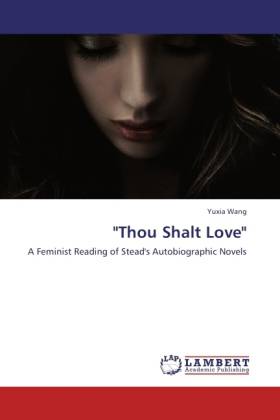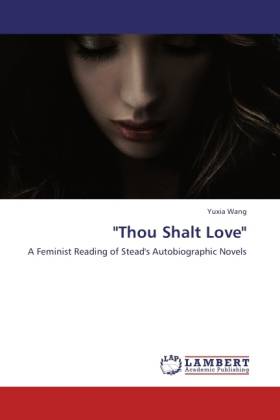
- Afhalen na 1 uur in een winkel met voorraad
- Gratis thuislevering in België vanaf € 30
- Ruim aanbod met 7 miljoen producten
- Afhalen na 1 uur in een winkel met voorraad
- Gratis thuislevering in België vanaf € 30
- Ruim aanbod met 7 miljoen producten
Zoeken
€ 48,45
+ 96 punten
Omschrijving
In the Australian literary history, Christina Stead(1902-1983) is an important woman writer who does not seem to have received her due recognition. Her works are sparkled with genuine originality, uniqueness and power, and her feminist thinking irresistibly arouses our attention. This study is devoted to an exploration of the accomplishment and complexity of two of her autobiographic masterpieces The Man Who Loved Children and For Love Alone from a feminist perspective. In the first book, the author conducts a penetrating analysis of the family structure, telling a story of how family patriarchy system is deconstructed through the genius use of language of the young female of the family. In the second novel, the grown-up young lady succeeds in their final liberation and independence, the construction of female subjectivity. This work shows that feminist thinking of Stead has gone far beyond her age. The female subjectivity that she seeks to establish has shown new light on the process of the fight for female freedom in the current world.
Specificaties
Betrokkenen
- Auteur(s):
- Uitgeverij:
Inhoud
- Aantal bladzijden:
- 72
- Taal:
- Engels
Eigenschappen
- Productcode (EAN):
- 9783846511718
- Verschijningsdatum:
- 27/09/2011
- Uitvoering:
- Paperback
- Afmetingen:
- 152 mm x 229 mm
- Gewicht:
- 118 g

Alleen bij Standaard Boekhandel
+ 96 punten op je klantenkaart van Standaard Boekhandel
Beoordelingen
We publiceren alleen reviews die voldoen aan de voorwaarden voor reviews. Bekijk onze voorwaarden voor reviews.











